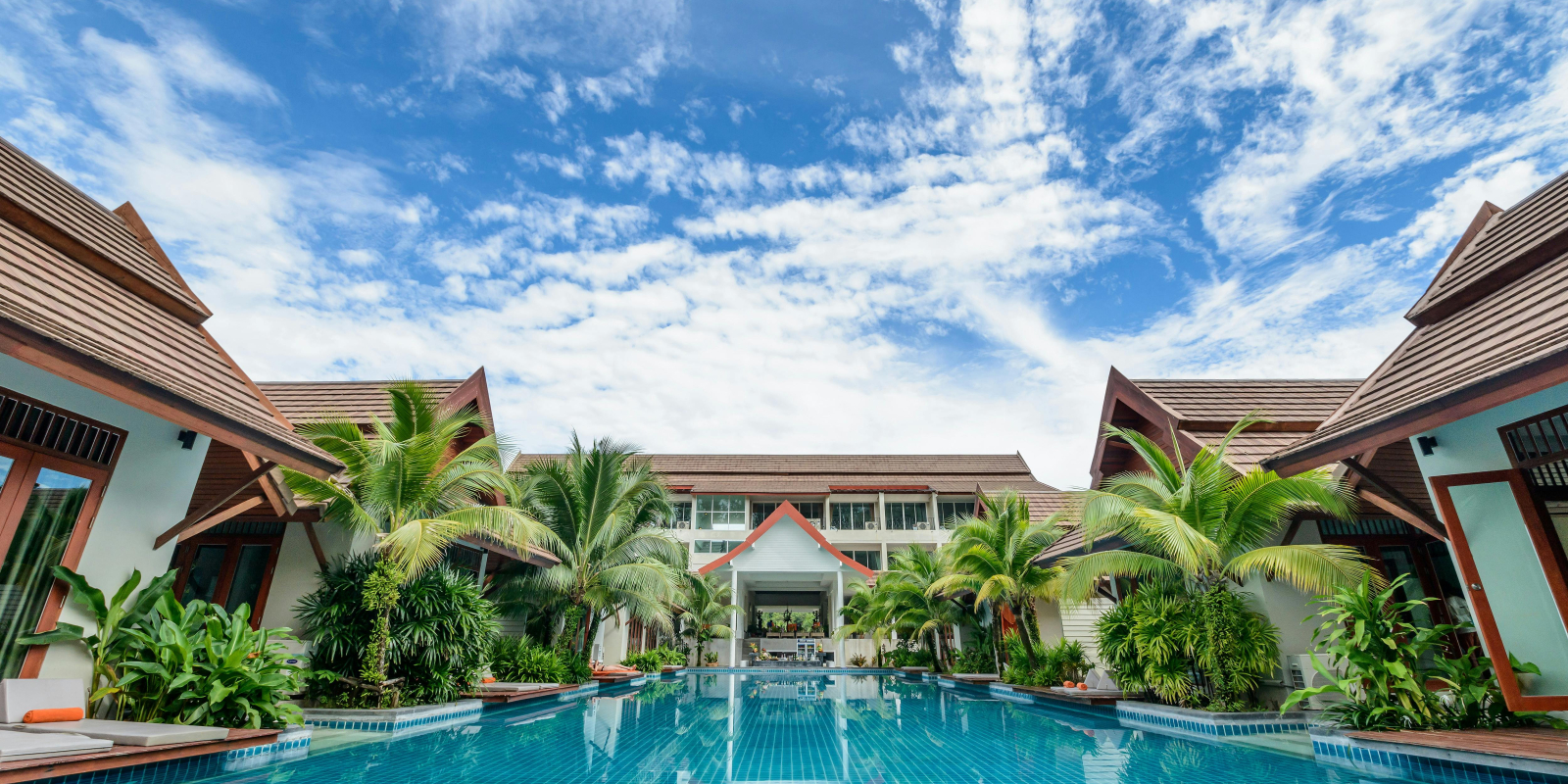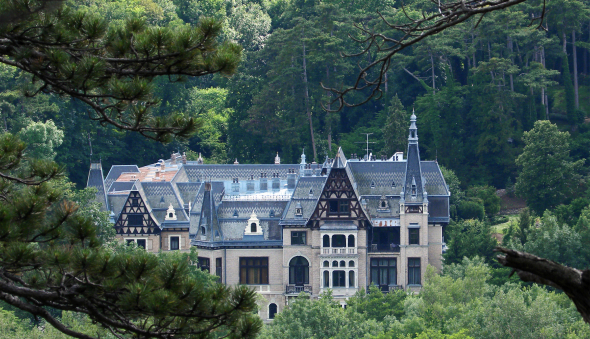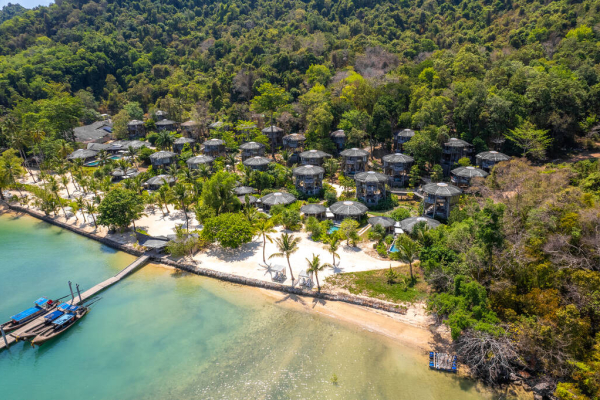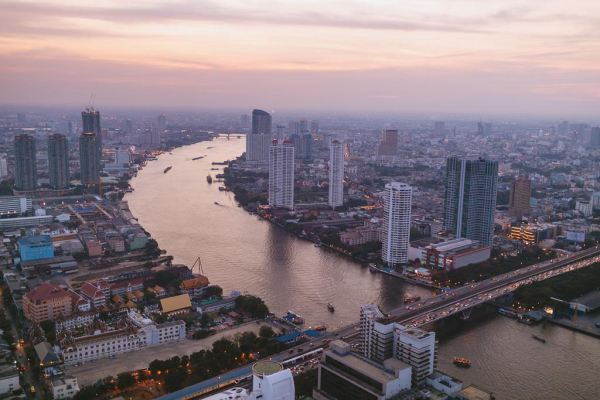Thailand
How to buy property in Thailand

There are two forms of ownership of real estate in Thailand:
Freehold - private property. The owner can sell, buy, donate, inherit or lease the property. Upon purchase, a foreign citizen receives a stamp certificate "chanot".
Leasehold - ownership of real estate is limited in time. Usually the contract is concluded for 30 years with the right to renew it twice (total up to 90 years). Leasehold gives the right to dispose of real estate in the same way as freehold - to sell, donate, inherit, etc.
A foreign citizen can purchase a freehold apartment in a condominium.
This is a residential complex in which each apartment has its own owner, but the common area is in joint shared ownership.
At the same time, the developer has the right to sell to foreigners no more than 49% of the living space, the rest of the living space can only be sold on leasehold.
Houses, villas and townhouses in Thailand can be purchased both freehold and leasehold. But the area under the building and around it is only leasehold. Exception: you can complete a deal completely in freehold for a legal entity - a company in which at least 51% of the shares are owned by a Thai citizen.
Property search
Mercury Estate specialists will help you decide on the type of housing in Thailand.
And select for you the best options available on the country's housing market.
Object reservation
As soon as the buyer has decided on the choice of the object, the reservation of the property takes place. This is necessary so that the seller does not sell the object to another buyer.
When signing the reservation agreement, the buyer makes a deposit in the amount of 1% of the transaction amount. It should be noted that the deposit is non-refundable - if the transaction fails, the buyer will lose it.
Checking the purity of the transaction and conclusion of an agreement
The buyer can contact a lawyer to check the condition of the object and the purity of the transaction. In the primary market, it is usually sufficient to check the contract; in the secondary market, it is advisable to check both the contract and the object.
After making a deposit, a preliminary contract is drawn up. The contract describes all the information about the property.
Transaction payment
If the buyer purchases real estate in the primary market, he transfers funds by bank transfer to the account of the developer in Thailand. The transfer can be made from a bank in any country. If the transaction is executed on the secondary market, the buyer opens a local bank account and transfers the amount to it, and then presents a check for the required amount at the time of registration with the Land Department.
If the property is purchased in freehold, it is necessary to pay for the transaction by transfer from another country. If the object is acquired on leasehold, the calculation can be carried out in any way. Unlike many other countries, Thailand does not check the legitimacy of the origin of funds.
Registration of property rights
If the buyer purchases real estate in the primary market, the transaction in the Land Department is drawn up by a representative from the developer. If the property is purchased on the secondary market, a lawyer helps to complete the purchase.
Mercury Estate specialists take care of the entire process of buying real estate in Thailand, from selecting the perfect property to meticulously assembling a comprehensive turnkey document package, all while extending the support to our investors through a wide array of concierge services.
.
Best real estate deals in Thailand
By sending a message, you thereby accept the user agreement and confirm that you have read and agree to the privacy policy of this website.












